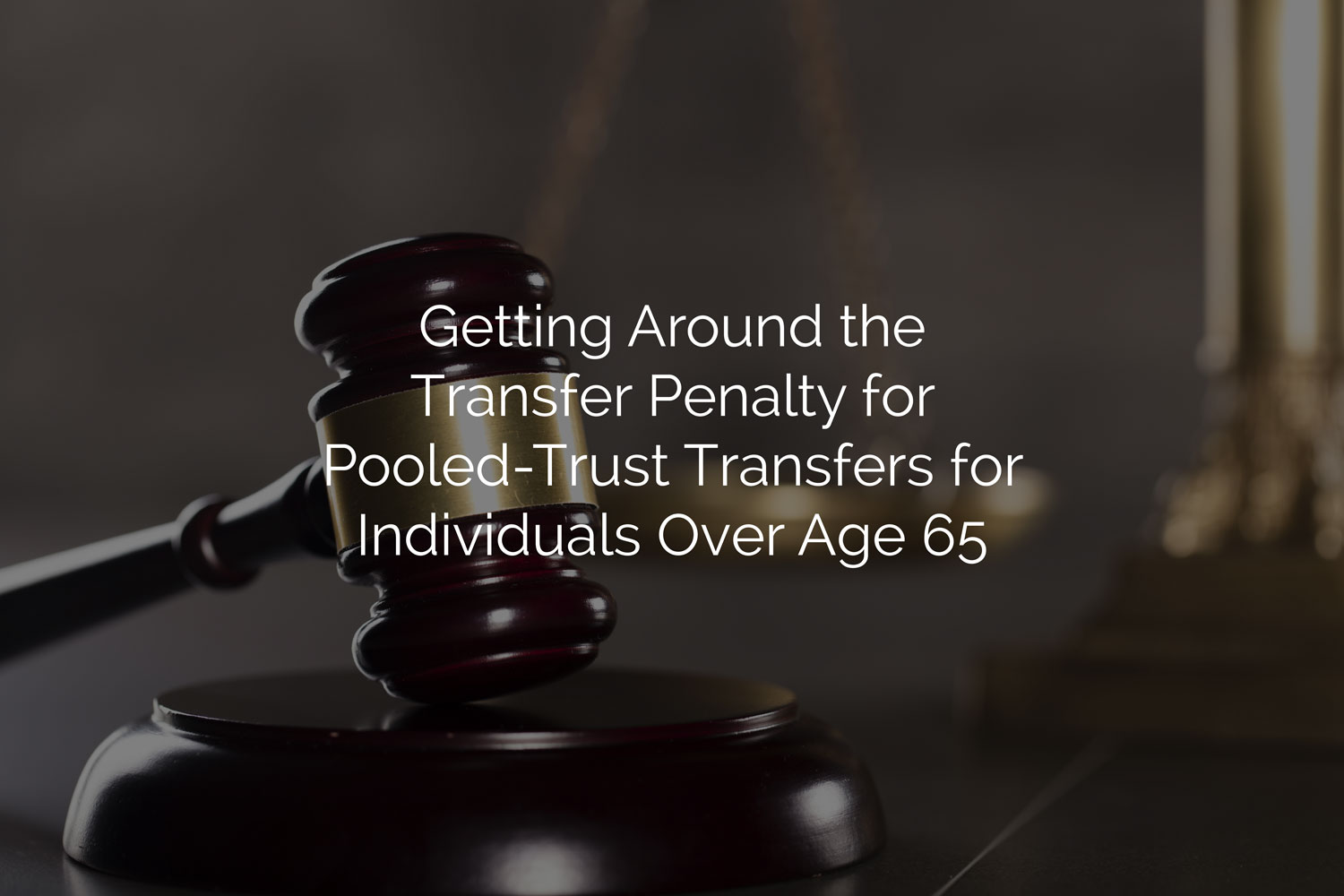
African American-owned businesses are on the rise: The US Census Bureau estimates that there were 2.5 million Black-owned businesses in 2020. As African Americans pursue economic success through entrepreneurship, they must also consider creating plans to pass their businesses down to the next generation and ensure financial security in the event of incapacitation. There has generally been a lack of focus on generational wealth in the African American community, but information on the importance of planning and encouragement from estate planning attorneys will encourage African American business owners and their families to plan for their futures. It is therefore important to address the common myths that may lead African Americans to believe that an estate plan is unnecessary.
Myth #1: No Need for an Estate Plan
Perhaps the biggest misconception is the idea that estate planning is only for the wealthy. It may even be the word “estate” in the term “estate plan” that leads people to believe that tremendous wealth is required to create an estate plan. As we know, this is not true, and it is time to bust this myth.
It is imperative to stress that every person has belongings (tangible personal property) that, in the absence of an estate plan, may not be distributed the way the person envisions. Certain personal property may have sentimental value to owners and family members even if its fair market value is low. Interestingly, disputes over tangible items like jewelry, antiques, and furniture—not money—arise most often among family members after the death of a loved one. For business owners, inventory can be a compelling reason to plan: Although not the same as liquid assets in the bank, inventory can be valuable because it can be sold. Questions can arise as to how to handle inventory upon the unexpected death of a business owner.
Learn more about planning for African Americans by registering for our next Thought Leader Series webinar, Estate Planning in the African American Community: It’s Time for Change, on February 23, 2021, at 1 p.m. (EST)
These days, almost everyone owns digital assets. Social media, online bill-pay, photo storage, and business software and accounts often cannot be accessed after the account owner’s death unless another person has written authorization to do so. An estate plan can include login and password information for others to access these accounts.
Estate planning is not just about transferring assets, however; it is also about providing security for those left behind. Ensuring that a guardian is nominated to care for minor children is an important reason to execute a will, even if the decedent does not have valuable items to transfer.
Myth #2: An Estate Plan Is Only for Death
It is difficult for healthy people to envision becoming incapacitated. Being candid with clients about the reality of what can happen if they become incapacitated can lead to an eye-opening conversation. Many people are unaware that if they become incapacitated with no plan in place, their loved ones will have to petition the probate court for guardianship and conservatorship to get legal permission to take care of them. This requires time and money, which can be avoided with proper planning.
Having a financial power of attorney is particularly important so that business operations can continue in the event a business owner unexpectedly becomes unable to run the business. For sole proprietors especially, whose business may be the main source of income for their families, appointing someone who can quickly step in to make decisions for the business is critical. This provides security despite the unpredictability of life.
Finally, having a healthcare power of attorney allows a person to document the type of care they wish to receive if they become incapacitated. Expressing these wishes ahead of time, in writing, serves as a guide to family members and loved ones so that they do not have to make these hard decisions on their own.
Myth #3: A Will Avoids Probate
The belief that having a will avoids probate is a misconception held even by some non-estate planning attorneys. It is important to counsel clients that, while having a will prevents state law from determining who will receive their assets, it does not prevent probate. Further planning is needed to ensure that hard-earned assets go to heirs—and not toward expenses incurred during probate court proceedings.
Setting up a revocable trust can save clients’ heirs time and money. A trust can also allow clients to provide for multiple generations of their family. Clients can build generational wealth by setting up a trust instead of simply naming beneficiaries to receive assets outright. Designating beneficiaries will avoid probate, but beneficiaries who receive lump sums of money may squander it, leaving nothing for the next generation. Instead, clients should think about giving beneficiaries access to a trust fund during their lives and then directing in the trust document that any remaining assets be held for the next generation.
Myth #4: Buy-Sell Agreements Are Not Part of an Estate Plan
Business owners need buy-sell agreements in their estate plan. A buy-sell agreement should supplement a business owner’s trust, will, and powers of attorney. Buy-sell agreements offer multiple benefits for clients who have likely worked hard to establish their business and are concerned about its fate, not only upon death but also upon their disability or retirement. A buy-sell agreement requires a withdrawing owner to first offer the owner’s interest in the business to the remaining owners or to the entity, before allowing transfer of ownership to a third party. Hashing out details and putting them in writing, such as the purchase price of an owner’s interest and the payment terms, can prevent disputes in the event of the death or permanent disability of the owner.
Estate planning is not just appropriate for one demographic—it is available to everyone. As estate planning attorneys, it is our role to counsel the African American community about the importance of estate and business succession plans to help protect generational wealth for everyone. Let’s keep busting the myths that prevent all people from implementing such important planning.



